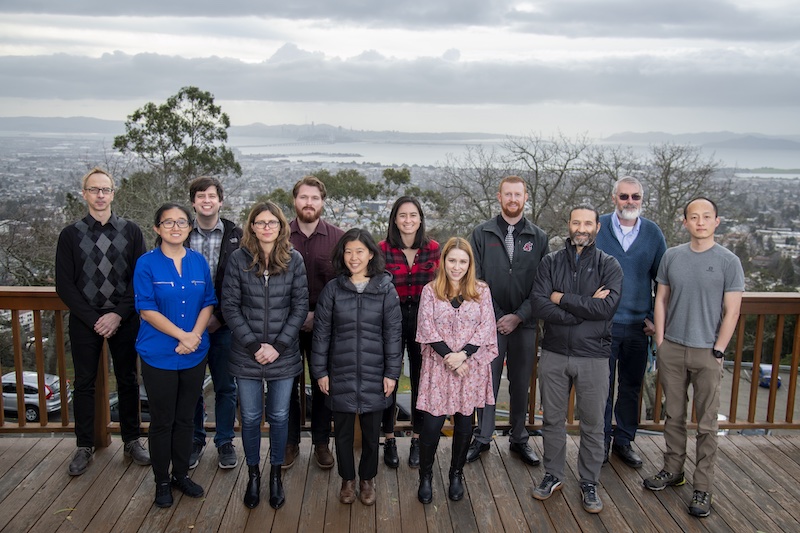New Lab Course on Xeuss Beamline Trains Gradstudents in X-ray Science
brian.collinsThe new PHYS/CHEM 511 Course Advanced X-ray Characterization focuses on hands-on training of the new Xeuss 3.0 X-ray beamline instrument. Co-taught by Prof Liane Moreau in Chemistry and Prof Brian Collins in Physics, the inaugural course is teaching 22 Physics, Chemistry, and Engineering graduate students X-ray science from fundamentals through actual measurement and analyses of nanostructure within thin film coatings to suspended nanoparticles to bulk heterogeneous materials. The course is expected to be taught every two years.
The 5m-long Xeuss 3.0 instrument has four separate X-ray micofocused tube sources that include the latest generation of optics developed by Xenocs: Collimated Cu and Mo sources for small-angle scattering, a focused high-intensity Cu source for wide-angle scattering/diffraction, and a lensless Cu source for imaging of heterogeneous material domains that enables targeting of subsequent X-ray scattering experiments within domains. The instrument also includes the BioCube capillary flow stage with in-line UV-vis spectroscopy for acqueous samples. Other sample stages include capillary and bulk transmission stages with temperature control as well as a temperature-controlled precision grazing incidence stage.








